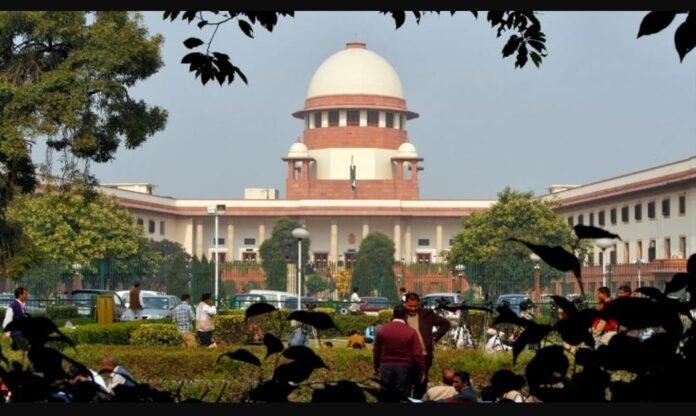In a recent development, the Supreme Court has raised pertinent questions regarding the classification of the Bilkis Bano case as “not rarest of rare.” The case has ignited a dispute between the Gujarat state and the central government over the decision to offer selective remission.
The Bilkis Bano case, which gained widespread attention for its grave implications, has prompted a critical evaluation of the decision to not categorize it as “rarest of rare.” The Supreme Court’s inquiry comes in the wake of concerns surrounding the consistency and uniformity of remission protocols.
The contention between Gujarat and the Centre has intensified as both entities present differing perspectives on the severity of the case. The Supreme Court’s inquiry adds a layer of complexity to the dispute, shedding light on the need for transparent and equitable treatment in cases of heinous crimes.
The Court’s scrutiny of selective remission raises important questions about the criteria used to determine the gravity of a crime and the subsequent eligibility for remission. This introspection has broader implications for the criminal justice system, calling for a comprehensive review of the factors influencing such decisions.
As the legal battle ensues, the Bilkis Bano case serves as a focal point for a broader discussion on the consistency and impartiality of remission judgments. The Supreme Court’s intervention underscores the importance of ensuring fairness and objectivity in the application of legal principles, particularly in cases of utmost societal significance.
In conclusion, the Supreme Court’s interrogation of the “not rarest of rare” classification in the Bilkis Bano case has ignited a debate over selective remission, pitting Gujarat against the Centre. This incident prompts a deeper examination of the mechanisms guiding such decisions and emphasizes the need for a more uniform and equitable approach to remission across the criminal justice system.

